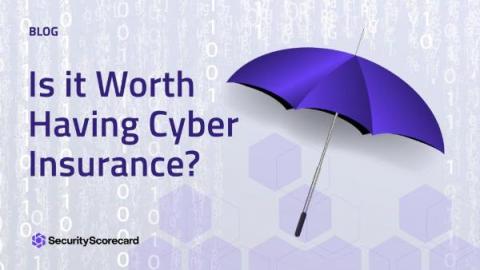4 opportunities MSPs can leverage from cyber insurance
The rapid escalation of cyberattacks around the world has increased the number of prerequisites to qualify for a cyber insurance policy. If a business faces a cyberattack involving a data breach, it may find it hard to recover without additional support or resources. And this is just one example.









